LONDON, UK: The memories and walking speeds of adults who have lost all of their teeth decline more rapidly than those adults who still have some of their own teeth, researchers at London’s Global University (UCL) have found. The results showed that the people with none of their own teeth performed approximately 10 per cent worse in both memory and walking speed tests than the people with teeth.
The study looked at 3,166 adults, aged 60 years and older, from the English Longitudinal Study of Ageing (ELSA) and compared their performance in memory and walking speed tests.
The association between total tooth loss and memory was explained after the results were fully adjusted for a wide range of factors, including sociodemographic characteristics, existing health problems, physical health, health behaviours (such as smoking and drinking), depression, relevant biomarkers, and particularly socioeconomic status. However, after adjusting the results for all possible factors, people without teeth still walked slightly slower than those with teeth.
These links between older adults in England losing all their natural teeth and having poorer memory and worse physical function 10 years later were more evident in adults aged between 60 and 74 years than in those aged 75 years and older.
“Tooth loss could be used as an early marker of mental and physical decline in older age, particularly among 60- to 74-year-olds,” said lead author Dr Georgios Tsakos from the Epidemiology & Public Health Department at UCL. “We find that common causes of tooth loss and mental and physical decline are often linked to socioeconomic status, highlighting the importance of broader social determinants such as education and wealth to improve the oral and general health of the poorest members of society. Regardless of what is behind the link between tooth loss and decline in function, recognising excessive tooth loss presents an opportunity for early identification of adults who are at a higher risk of faster mental and physical decline later in their life. There are many factors likely to influence this decline, such as lifestyle and psychosocial factors that are amenable to change”, Tsakos explained.
The study, titled “Tooth loss associated with physical and cognitive decline in older adults”, was published online in the Journal of the American Geriatrics Society.
LONDON, UK: Another rise in practice valuations in the UK could mean that practices in the South East and London will find it increasingly difficult to find...
SHEFFIELD, UK: According to new research by an international team of scientists, human teeth evolved from the same genes that form the characteristic beaked...
SHEFFIELD, UK: In a first-of-its-kind study, researchers from the University of Sheffield have investigated patients’ emotional challenges in being ...
EDINBURGH, UK: A study by researchers at the University of Edinburgh has shown that a natural chemical related to those found in liquorice root could help ...
These days, there is a growing emphasis on quality over quantity, that is, preferring an object or service that is worthwhile rather than a quick and easy ...
NEWCASTLE UPON TYNE – According to the World Health Organization, tooth loss affects approximately 30 per cent of people aged 65 to 74. However, the ...
BRUSSELS, Belgium: A white paper commissioned by the European Federation of Periodontology (EFP) has found that 4.9% of global healthcare expenditure goes ...
RUGBY – Tooth whitening is becoming increasingly popular. Last week, UK health authorities voiced concerns about illegal and potentially harmful ...
LONDON, UK: The recently released NASDAL Benchmarking Report for 2017–18 shows that there has been a decrease of 3 per cent in net profits for a typical ...
Live webinar
Wed. 11 February 2026
4:00 pm UTC (London)
Dr. med. dent. Sven Mühlemann
Live webinar
Wed. 11 February 2026
5:00 pm UTC (London)
Prof. Dr. Samir Abou Ayash
Live webinar
Fri. 13 February 2026
5:00 pm UTC (London)
Live webinar
Mon. 16 February 2026
5:00 pm UTC (London)
Live webinar
Tue. 17 February 2026
5:00 pm UTC (London)
Live webinar
Wed. 18 February 2026
2:00 pm UTC (London)
Dr. Anna Lella, Ms. Francesca Nava
Live webinar
Wed. 18 February 2026
5:00 pm UTC (London)
Prof. Dr. João Caramês CODE expert, Dr. Robert Gottlander DDS



 Austria / Österreich
Austria / Österreich
 Bosnia and Herzegovina / Босна и Херцеговина
Bosnia and Herzegovina / Босна и Херцеговина
 Bulgaria / България
Bulgaria / България
 Croatia / Hrvatska
Croatia / Hrvatska
 Czech Republic & Slovakia / Česká republika & Slovensko
Czech Republic & Slovakia / Česká republika & Slovensko
 France / France
France / France
 Germany / Deutschland
Germany / Deutschland
 Greece / ΕΛΛΑΔΑ
Greece / ΕΛΛΑΔΑ
 Hungary / Hungary
Hungary / Hungary
 Italy / Italia
Italy / Italia
 Netherlands / Nederland
Netherlands / Nederland
 Nordic / Nordic
Nordic / Nordic
 Poland / Polska
Poland / Polska
 Portugal / Portugal
Portugal / Portugal
 Romania & Moldova / România & Moldova
Romania & Moldova / România & Moldova
 Slovenia / Slovenija
Slovenia / Slovenija
 Serbia & Montenegro / Србија и Црна Гора
Serbia & Montenegro / Србија и Црна Гора
 Spain / España
Spain / España
 Switzerland / Schweiz
Switzerland / Schweiz
 Turkey / Türkiye
Turkey / Türkiye
 UK & Ireland / UK & Ireland
UK & Ireland / UK & Ireland
 International / International
International / International
 Brazil / Brasil
Brazil / Brasil
 Canada / Canada
Canada / Canada
 Latin America / Latinoamérica
Latin America / Latinoamérica
 USA / USA
USA / USA
 China / 中国
China / 中国
 India / भारत गणराज्य
India / भारत गणराज्य
 Pakistan / Pākistān
Pakistan / Pākistān
 Vietnam / Việt Nam
Vietnam / Việt Nam
 ASEAN / ASEAN
ASEAN / ASEAN
 Israel / מְדִינַת יִשְׂרָאֵל
Israel / מְדִינַת יִשְׂרָאֵל
 Algeria, Morocco & Tunisia / الجزائر والمغرب وتونس
Algeria, Morocco & Tunisia / الجزائر والمغرب وتونس
 Middle East / Middle East
Middle East / Middle East


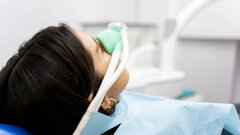

























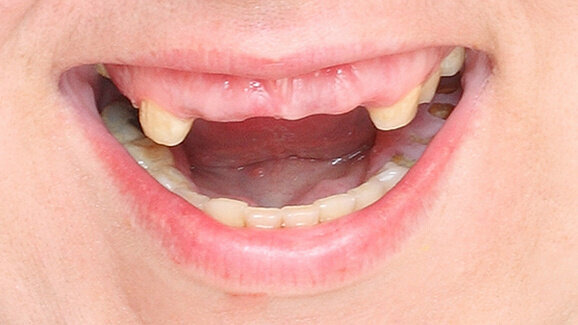





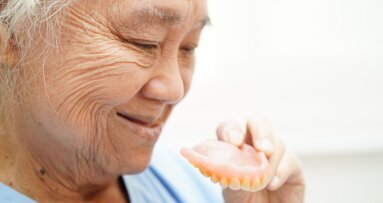

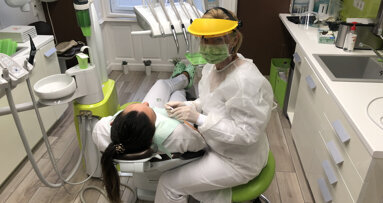

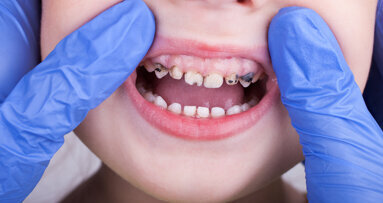












To post a reply please login or register